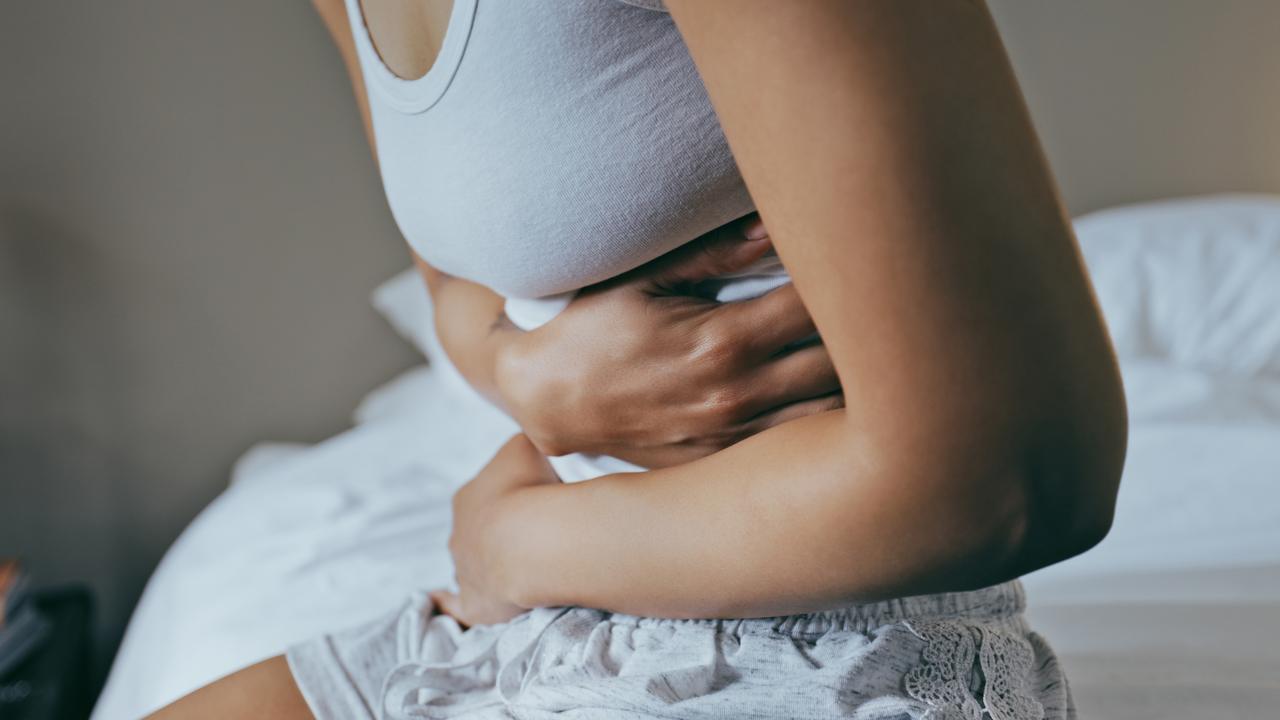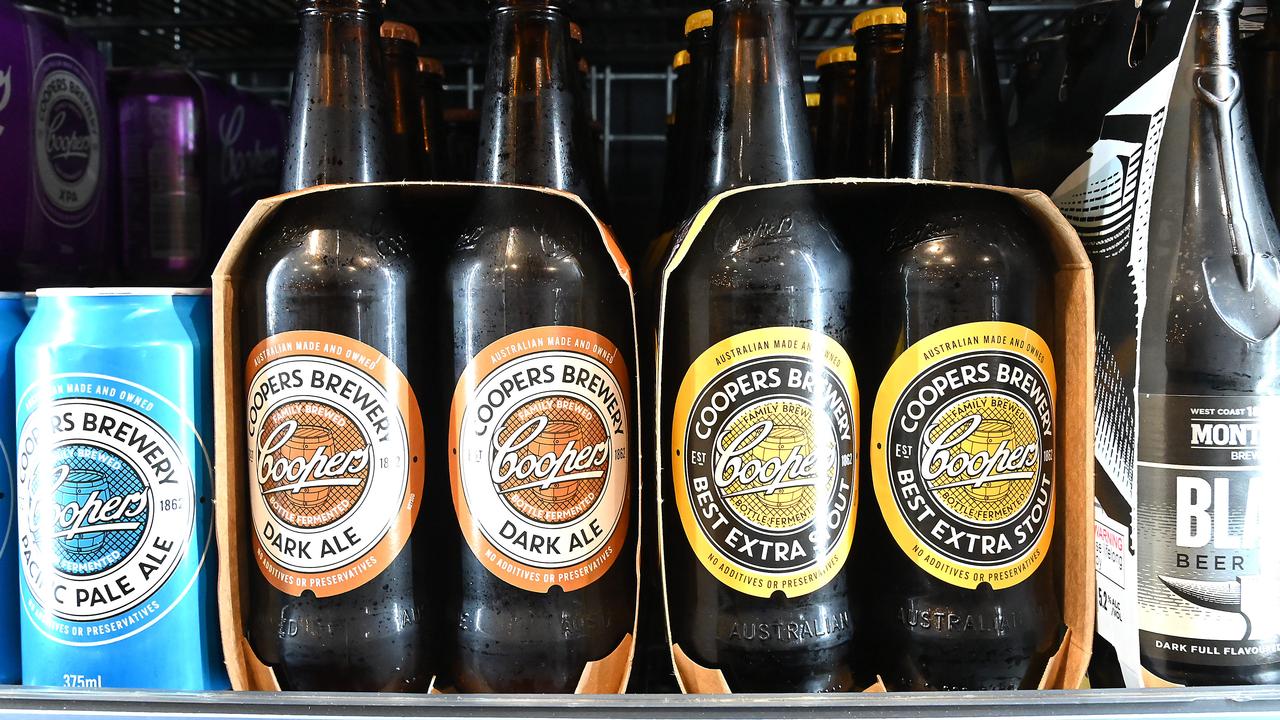Perth and Peel regions’ lockdown to end after WA recorded no new cases of COVID-19 overnight
A raft of interim rules will come into place when the Perth and Peel lockdown lifts tonight. These are all the restrictions in place until Saturday.
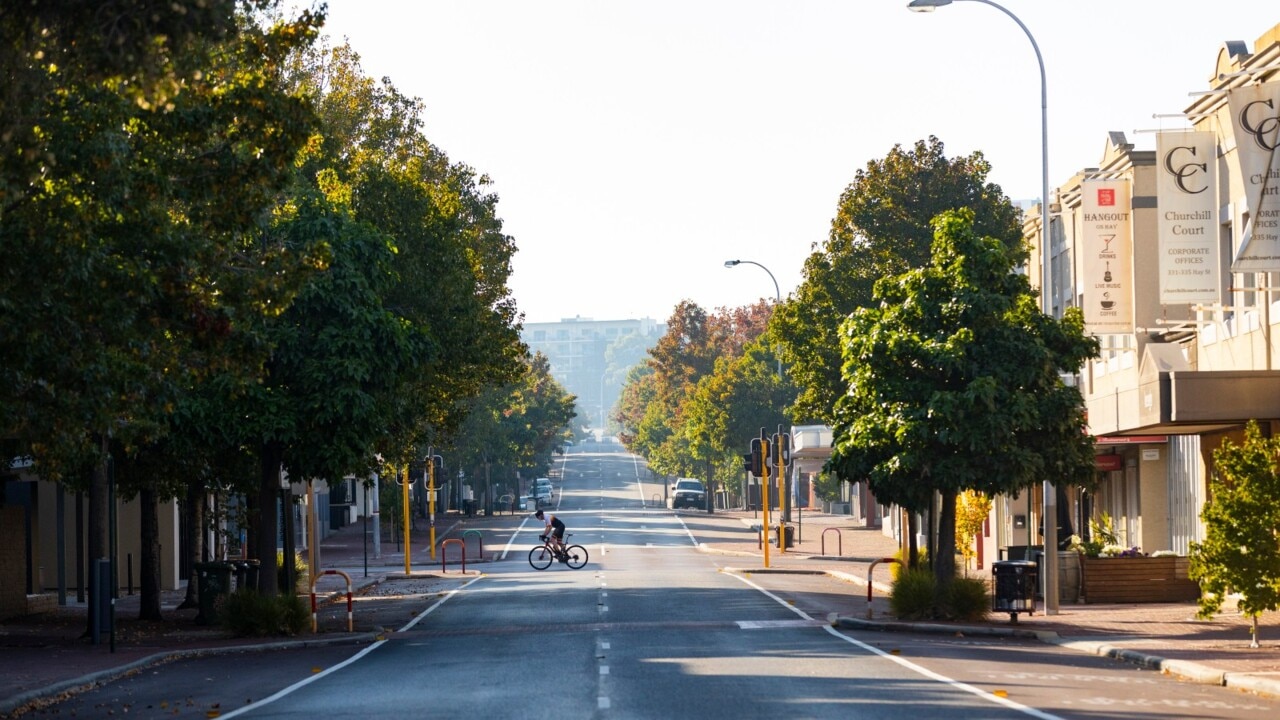
Perth and the Peel region will come out of lockdown as planned tonight, but some COVID-19 restrictions will remain in place until at least the end of the week, including the use of masks.
Federal Health Minister Greg Hunt beat West Australian Premier Mark McGowan to the announcement that there were no new cases of local transmission overnight.
“Australia has recorded zero community cases in the last 24 hours,” Mr Hunt told reporters on Monday.
Mr McGowan fronted the media almost an hour later to announce the Perth and Peel regions would come out of the snap three-day lockdown as planned at midnight.
“The short three-day lockdown has done the job it was designed to do. It was a circuit breaker we needed to limit community spread and keep our community healthy,” he told reporters on Monday.
“At midnight tonight, the lockdown will end as planned. Interim restrictions will come into force from midnight tonight, allowing us to take a stepped-down approach after the three-day lockdown.
“We need to be cautious as we come out of lockdown as the virus could still be out there.
“This step down approach will give us confidence to begin to get back to normal while we wait for further testing and the incubation period of the virus to come to an end.”
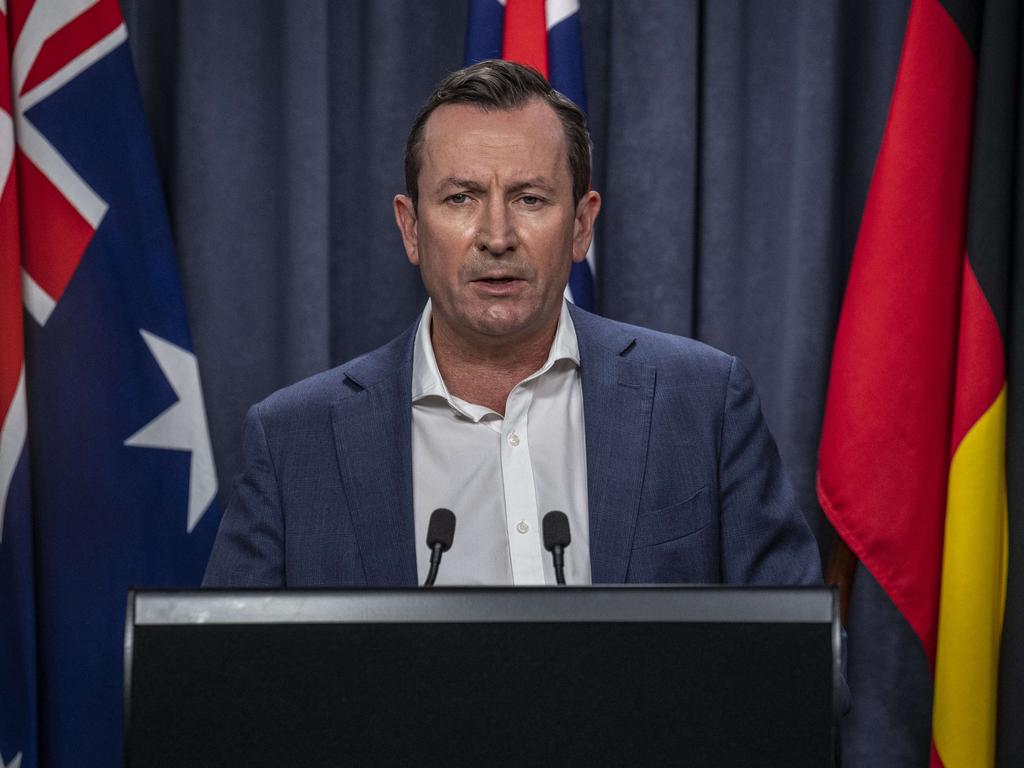
Interim restrictions will be in place until midnight on Friday, with the Premier to announce the next steps forward that day.
From tomorrow, people in the Perth and Peel regions will be free to leave their homes, but masks will remain mandatory.
Masks are not required for primary school children, for vigorous outdoor exercise and for people who are exempt.
“For the next four days, people can return to work unless they can work from home or they are in a vulnerable category,” Mr McGowan said.
Schools will resume and staff are permitted to remove their masks while teaching.
Tafes can also open but universities are only open for online learning.
People can travel outside of the Perth and Peel regions, but they must wear a mask.
“If you currently are in another region, and have been in Perth and Peel since April 17, you will need to continue to wear a mask from tomorrow onwards,” Mr McGowan said.
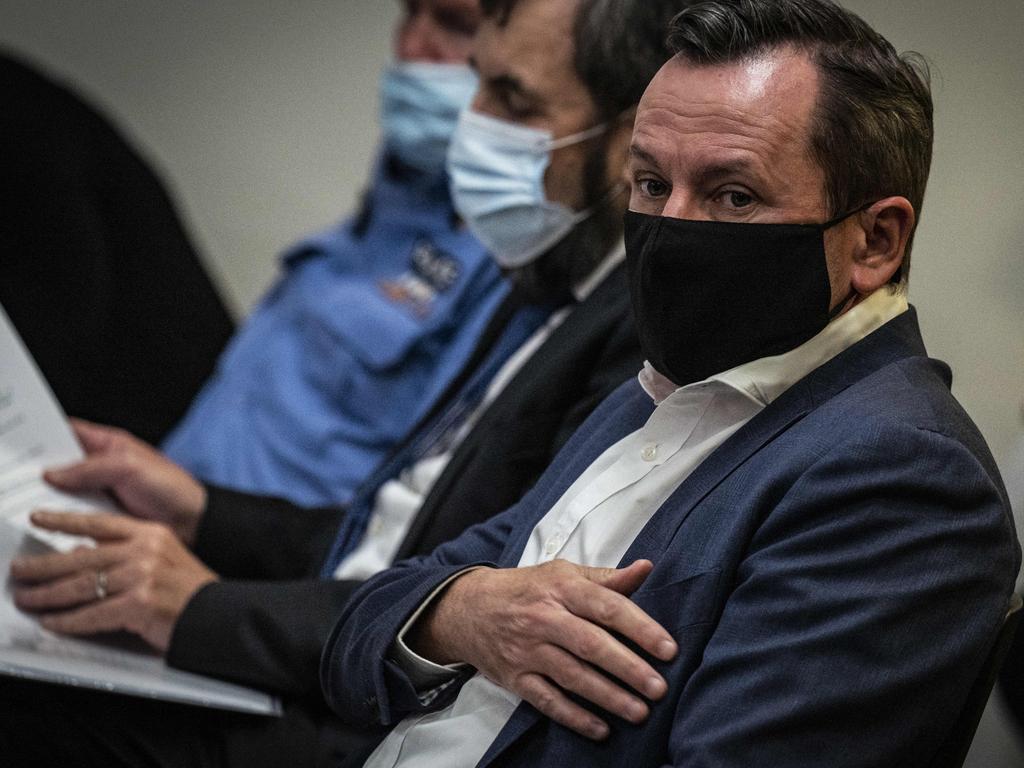
There will be a 20-person limit in all homes, and at private indoor and outdoor gatherings.
Hospitality and entertainment venues, as well as retail outlets, can reopen, except for the casino, nightclubs and indoor fitness venues.
The 4 sqm capacity rule will be in place, with a limit of 20 patrons, not including staff.
Seated service will only be allowed for the next four days at hospitality venues, like pubs and restaurants.
“I know this makes it tough for many businesses,” Mr McGowan said.
“But it’s important we remain cautious and ease off restrictions in line with health advice so we can get back to normal as soon as possible.”
Weddings and funerals can apply for an exemption to have 100 people, as they have done during the lockdown.
Community sport and training can proceed with players and officials, but no spectators.
Visitors to hospitals, as well as aged care and disability aged care facilities, are restricted to compassionate grounds only.
Health Minister Roger Cook further announced there would be some changes to elective surgery.
“The focus will be on category one and urgent category two elective surgeries for the next four days,” he said.
“Non-urgent category two’s and all category three’s will be rescheduled.”
All non-urgent outpatients and community health visits will also be conducted via Telehealth if possible or rescheduled.
Mr Cook said impacted patients would be contacted.
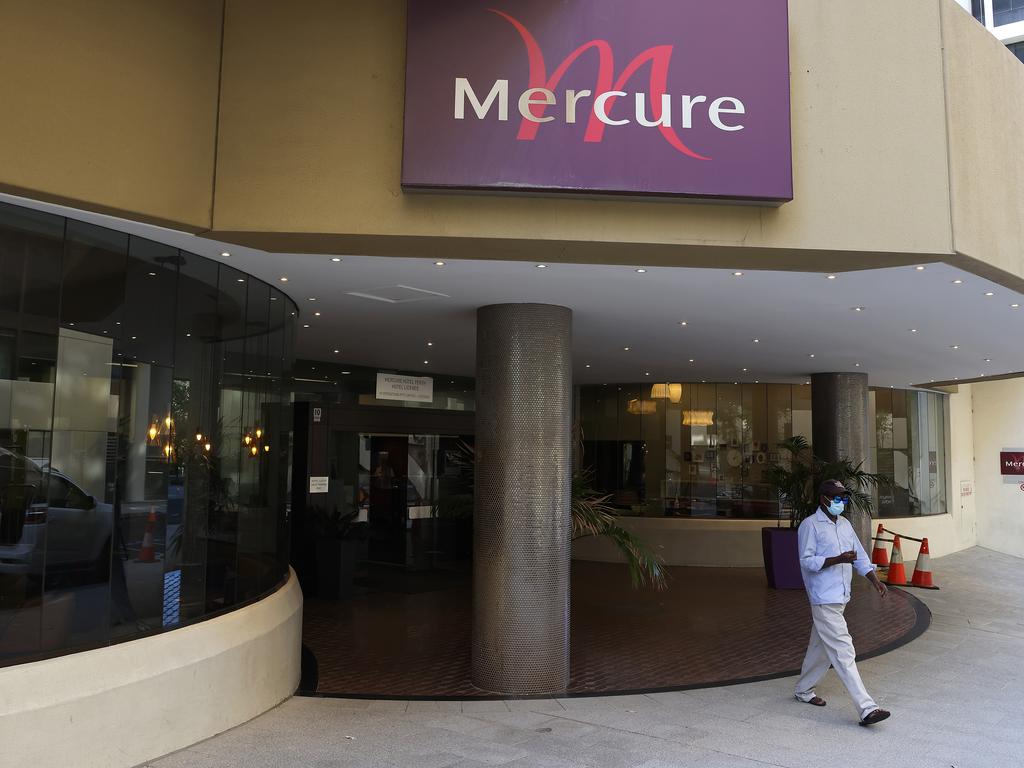
The lockdown was sparked by a Victorian man who was released from hotel quarantine then unwittingly spread the virus to his friend in Kardinya.
It was later discovered a fellow restaurant diner also contracted the virus from the man.
The Victorian man caught the virus from another man quarantining in an opposite room at the Mercure Hotel.
That man had been to India to attend his own wedding and he also passed on the virus to his wife, as well as a pregnant woman and her daughter who were staying in another opposite room.
Mr McGowan last week said the Mercure Hotel would no longer be used to quarantine returned travellers because it was not the most suitable facility.
Since Friday, there have been almost 30,000 tests conducted in Western Australia.
Of the 354 close contacts, 222 have returned a negative test result so far, with other results pending.
From the close contacts, 50 people were linked to the Kitchen Inn restaurant in Kardinya and all 50 had returned negative test results.
Mr McGowan said there were 748 casual contacts and 329 had returned a negative result so far.
On Sunday, 259 people, including children, were tested at a Lansdale childcare centre that was exposed to the virus and so far 212 people had returned a negative result.
Chief health officer Andy Robertson said if the last time the infected man was in the community was April 23, then the state could get cases for up to 14 days after that.
“We will have to take that into consideration when we are making a decision about what the next steps are and whether there will be any continuing restrictions,” he said.
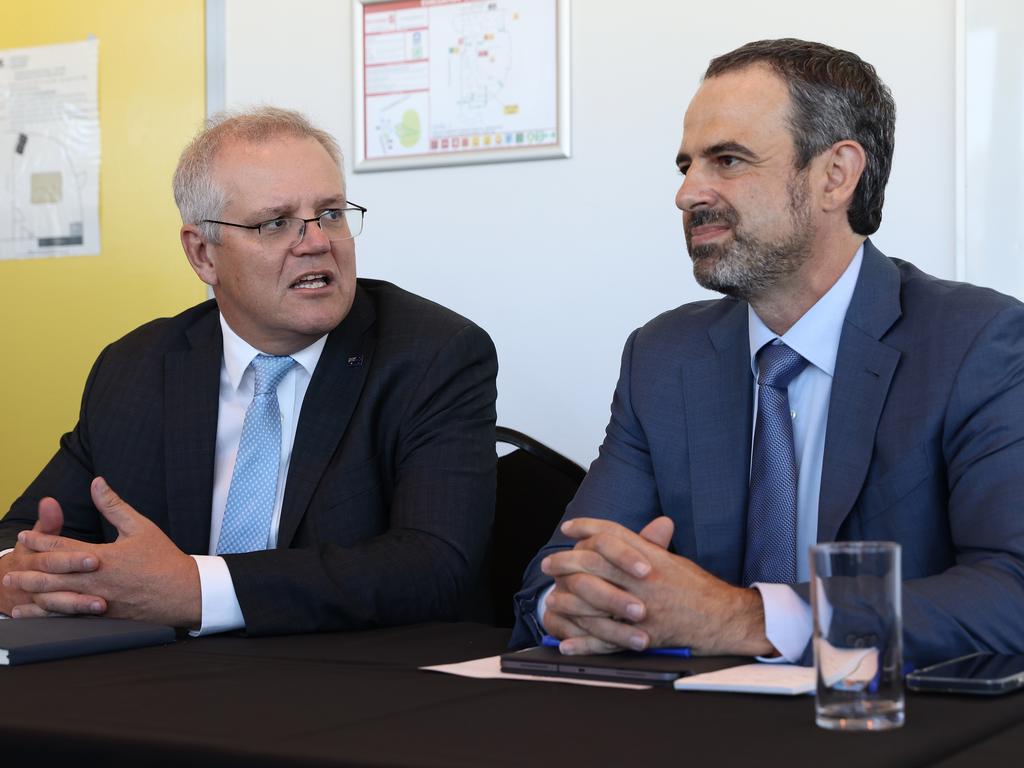
Australian Medical Association president Omar Khorshid told Sky News the snap lockdown was “preventable” given a report had found the Mercure Hotel was a weak link in the quarantine system.
Dr Khorshid said it was a “very similar event” to the one that occurred in February in Perth as it related to a likely “airborne transmission” of the virus between rooms in the hotel.
He said the hotel was found by the government’s own report, which was available in early April, to be “not suitable for hotel quarantine” due to ventilation problems.
“It’s unfortunately a little like Groundhog Day,” he said on Monday.
“It is frustratingly slow and, I think, really that is the main criticism of the WA government here — that they have not done everything that they could have done to make hotel quarantine as safe as possible.”
Dr Robertson said the report he saw on April 8 said all of the quarantine hotels could continue to be used “with mitigations”.
“That’s what the report actually says. It doesn’t say that they couldn’t be used,” he said.
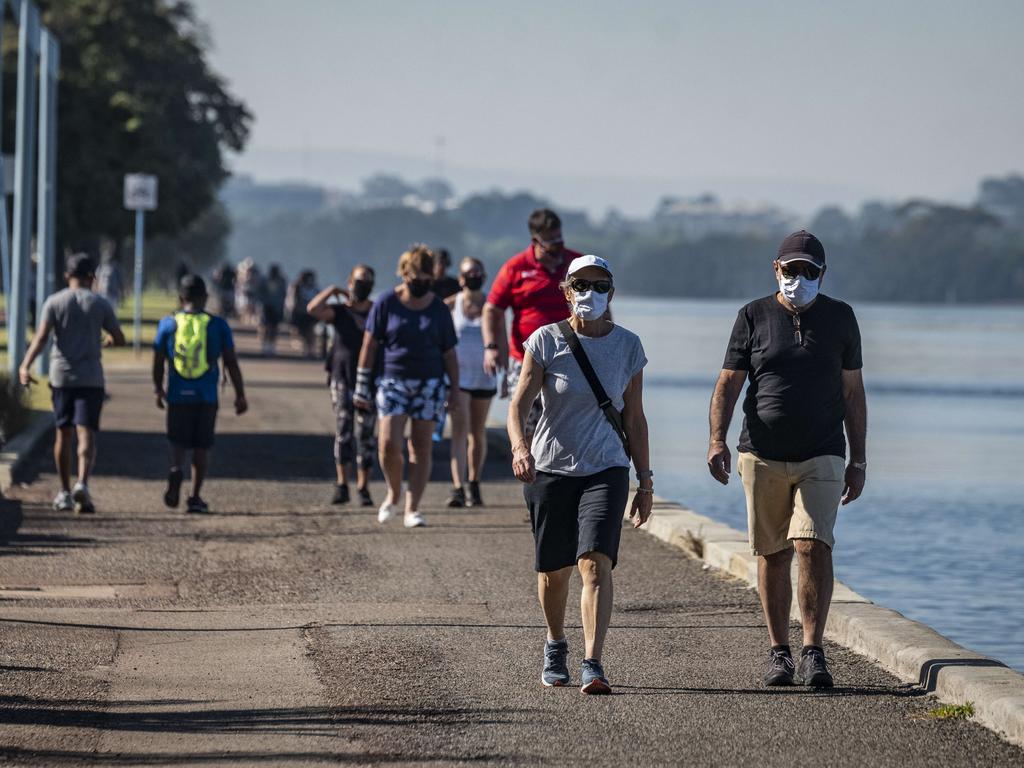
Dr Khorshid said more could be done to improve the quarantine system across Australia.
“We’re going to be needing quarantine for many months and potentially years into the future — who knows when the next pandemic is coming?” he said.
“It does make sense to be now investing in Commonwealth run and funded quarantine facilities in each state and territory so that we’re not relying on these hotels that were really never built for this purpose for too much longer.”
But Dr Khorshid said Mr McGowan’s repeated calls to use current Commonwealth facilities was not very realistic.
“There’s major downsides to all of the potential Commonwealth facilities that are available,” Dr Khorshid said.
“What we need to do is create new ones.”
Read related topics:Perth


